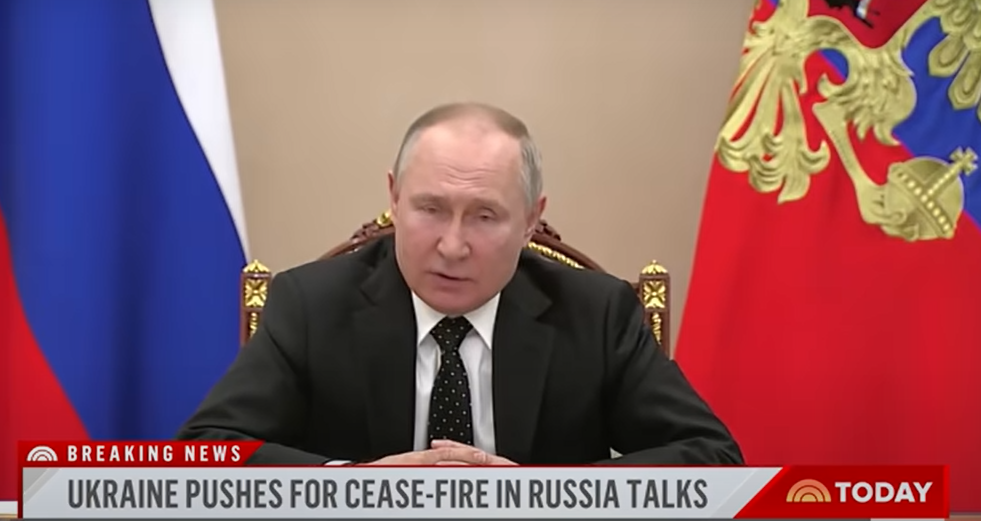This week, Russia experienced firsthand the perils of Jihadist Islam that menace not only the Western world but also nations beyond.
Terrorists affiliated with the ISIS organization from Khorasan, Afghanistan, carried out a mass killing in a concert hall near Moscow, claiming the lives of 137 innocent citizens.
This marked the third terrorist attack by the organization outside the borders of Afghanistan.
Prior to this, the Khorasan branch orchestrated a terrorist attack in Iran, resulting in 84 casualties, and another in Pakistan, claiming 34 lives.
ISIS seeks retribution against Russia for its efforts to combat terrorism in Afghanistan, Syria, and Africa, including regions like Somalia, Mali, and Mozambique.
The ISIS organization faces global condemnation and is unrelenting in its attacks against superpowers like the US and Russia alike.
There exists little disparity between the ISIS organization and Hamas, which perpetrated a horrific massacre on October 7 in Israeli settlements near Gaza.
Both entities share a radical, extremist ideology stemming from the global “Muslim Brotherhood” movement founded in Egypt by Hassan Al-Banna.
Similarly, Al-Qaeda, led by Osama Bin Laden, emerged from this movement.
Russian President Vladimir Putin, given his tenure as the head of the KGB, is well-versed in the ideologies of these terrorist organizations.
It is perplexing that Moscow, under President Putin’s leadership, maintains a favorable stance toward the terrorist entity Hamas.
Russia refrains from designating Hamas as a terrorist organization, with the Russian Ministry of Foreign Affairs hosting delegations of senior Hamas leaders annually and even attempting to mediate between Hamas and the Palestinian Authority to facilitate a national unity agreement.
Is it acceptable for Russia to prioritize attacking the US and Israel while safeguarding its interests in the Middle East? Certainly not.
President Putin should acknowledge that jihadist Islamic organizations consider him and his people “infidels” due to their Christian faith, much like Jews.
Hamas espouses the same ideology as ISIS, Al-Qaeda, and the “Muslim Brotherhood,” which persistently target churches in Arab countries.
While relations between Moscow and Jerusalem have deteriorated following the conflict in Ukraine, this should not impede relations between Russia and the Hamas movement or prompt their exacerbation.
Since the onset of the conflict in the Gaza Strip, Russia has aligned itself more closely with Hamas and exhibited increased hostility toward Israel, despite maintaining relations with both parties and positioning itself as a mediator.
During the conflict, Hamas released individuals holding dual Israeli and Russian citizenship, portraying these actions as a token of gratitude for Russia’s support of the Palestinian cause.
President Putin must prioritize the interests of Russia.
With Hamas on the brink of losing power in the Gaza Strip, the Russian President must disavow this terrorist organization responsible for the heinous massacre in settlements surrounding Gaza.
He must convey a clear message to all jihadist terrorist organizations that Russia does not align with their agendas.
Such actions are imperative for a significant global power like Russia and represent the ethical course of action.




